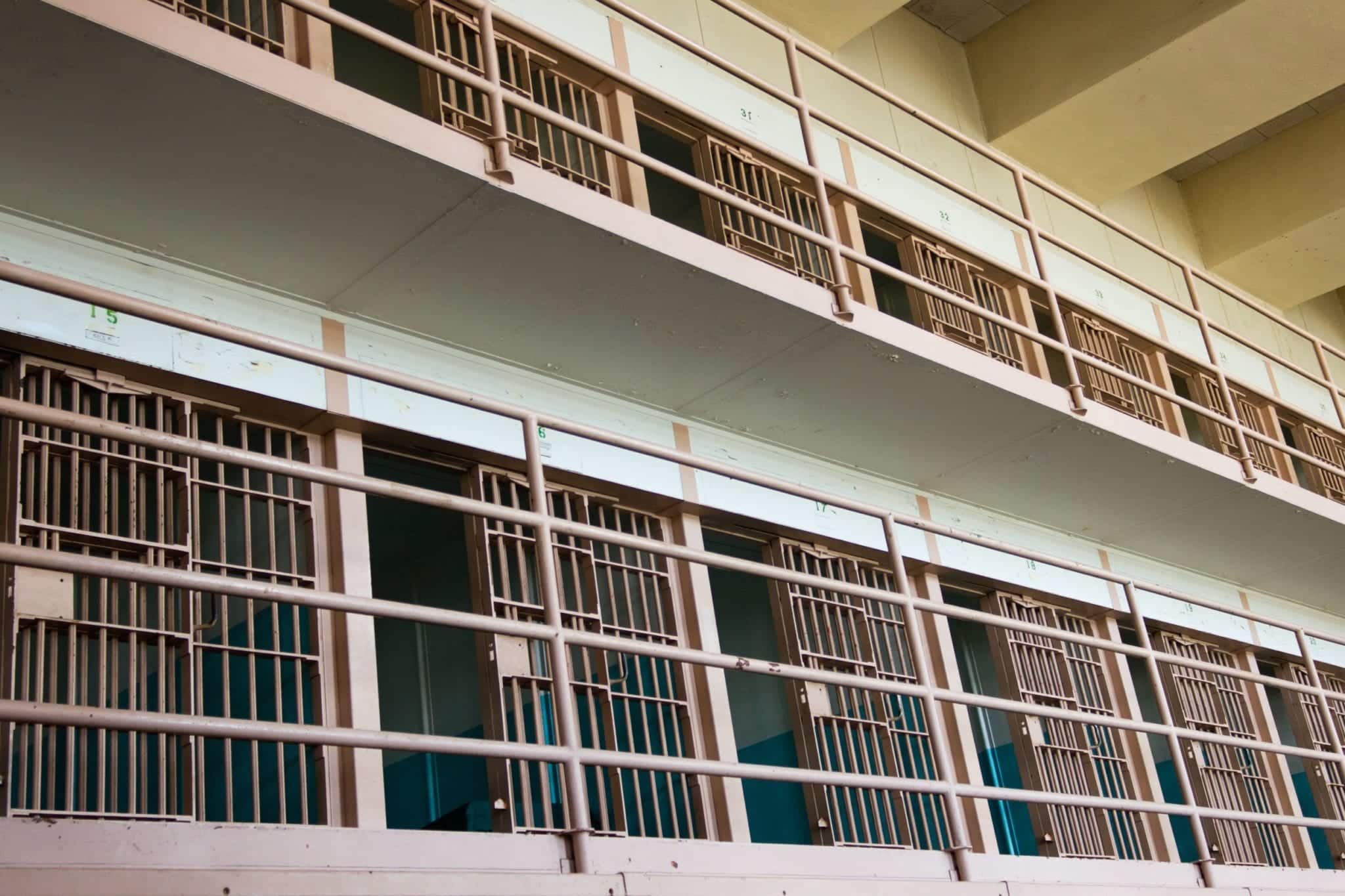
A 36-year-old man was recently arrested for parking an RV with a large amount of marijuana across the street from Hondo High School in Medina County.
While serving a search warrant, officers found 10 pounds of marijuana plants, dozens of cannabis oil cartridges, at least six guns, and $12,000 cash.
Officers stated that the marijuana came from California.
“We’re seeing some of the effects of the stupidity in Colorado and California here in Texas,” they said.
The DEA was involved in the drug bust. Medina County sheriff’s deputies said they anticipate more arrests as part of an ongoing joint investigation.
Released on bond from the local jail, the suspect is likely to face multiple federal drug charges, including drug trafficking.
This case highlights that although attitudes regarding marijuana have relaxed in many states, Texas is not one of them. Possession and distribution of marijuana is still very much illegal in this state, and run afoul of this drug law, you can expect harsh penalties if convicted.
Further, because marijuana and other controlled substances are also federal offenses, any drug crime can potentially be prosecuted at either or both the state and federal level. A charge at the federal level means you can expect a more stringent trial, enhanced sentencing with harsh
mandatory minimum sentences, and long terms of supervised release with strict conditions.
Below, we’re going to discuss what makes drug crimes federal, and the consequences you can expect from a federal drug trafficking conviction.
When are Drug Crimes Charged as Federal Crimes?
The short answer is that any drug crime can be charged as a federal offense. Generally, however, only serious drug crimes are prosecuted at the federal level. This decision will be made by U.S. Attorneys if they know the crime is associated with organized trafficking. The following factors are also considered by federal prosecutors:
- Large amounts of a controlled substance: Drug crimes are always prosecuted based on the amount of the substance(s) in question. Further, a large amount of drugs is more likely to be on the radar of federal courts.
- Drugs sold to minors: If drugs are being sold to minors, as is likely in the above case, federal authorities are more likely to get involved.
- Trafficking between states: If the crime involves moving drugs into or out of Texas, you can expect federal prosecution.
- Large drug rings or cartels: If the drug crime involves a large ring of individuals involved in drug manufacture and/or trafficking, it’s likely that federal courts will become involved.

Federal Drug Trafficking Penalties
Federal drug trafficking penalties for marijuana are as follows:
- 1-49 plants or less than 50 kg mixture: Up to five years for a first offense, or 10 years for a second offense.
- 50-99 plants or 50-99 kg mixture: Up to 20 years for a first offense, or 30 years for a second offense.
- 100-999 plants or 100-999 kg mixture: 5-40 years for a first offense, or 10 years-life for a second offense.
- 1,000+ plants or 1,000+ kg mixture: 10 years-life for a first offense, 20 years-life for a second offense.
Federal courts have continuously upheld mandatory minimums, with enhanced sentencing for repeat offenders. Even second-time offenders are likely to receive a life sentence for large amounts of drugs, or if someone was injured as a result of the drug trafficking.
Moreover, because high-profile cases are more often prosecuted in federal court, it’s likely that federal prosecutors will seek to “make an example” out of the defendant by seeking the maximum allowable sentence.
If you are charged with a serious federal drug offense, you should immediately contact an experienced attorney who understand the federal system and how to defend these kinds of cases.



